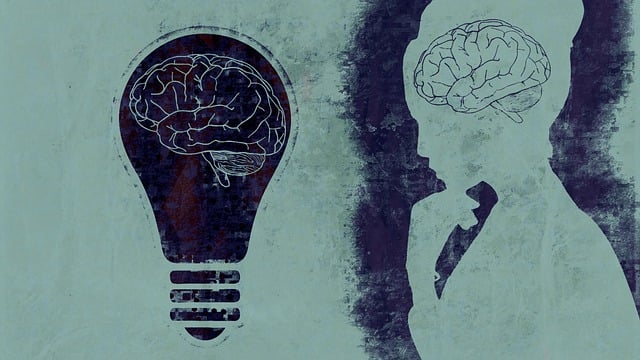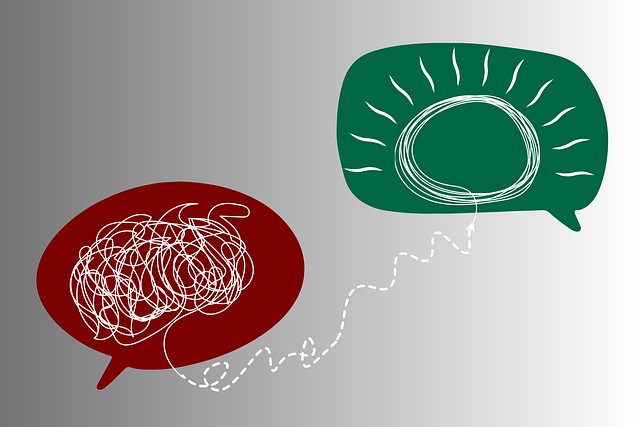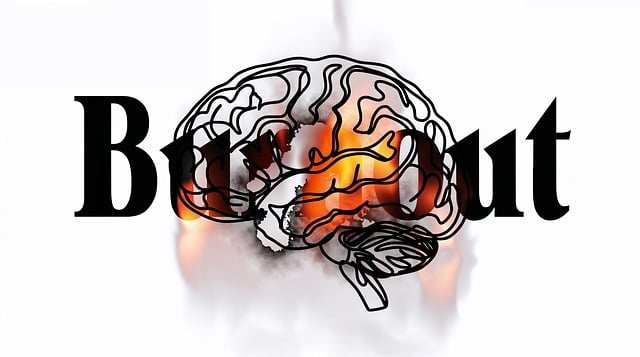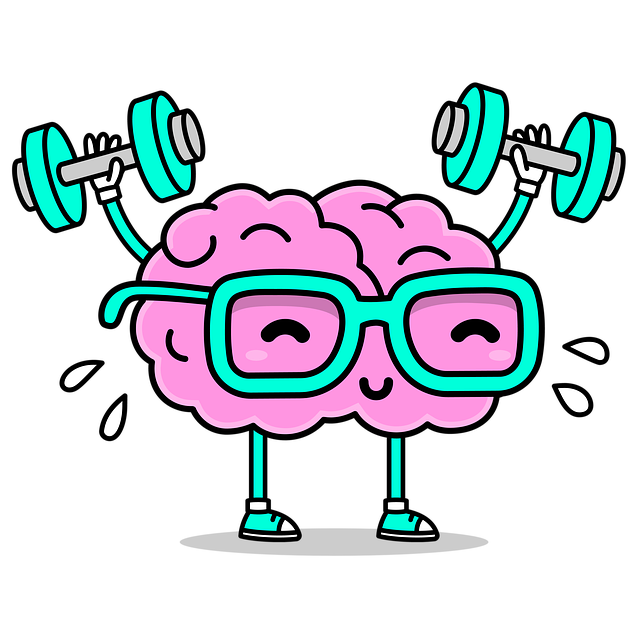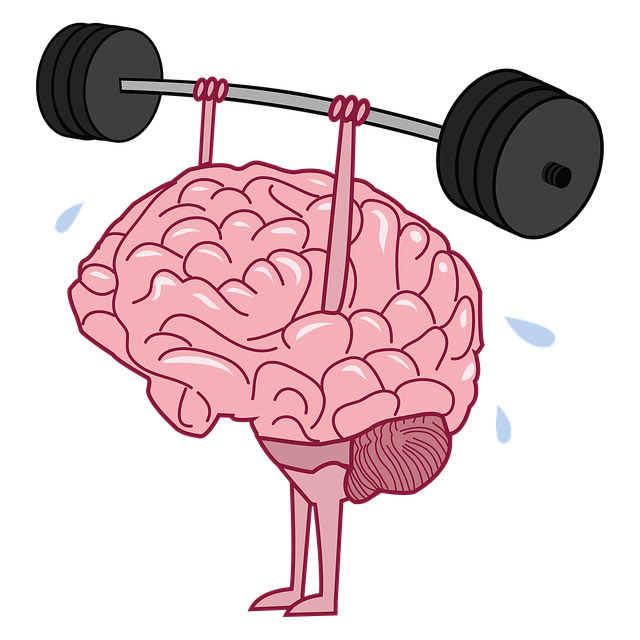Denver First Responders Therapy addresses the unique mental health challenges faced by firefighters, police officers, and paramedics through specialized coaching programs. These programs focus on coping skills development, burnout prevention, resilience building, and emotional regulation to help first responders manage high stress levels and PTSD related to their traumatic work situations. By prioritizing mental wellness in a safe, supportive environment, these tailored interventions empower heroes with robust tools for long-term emotional well-being. Continuous improvement is driven by evaluation methods, feedback, and evidence-based strategies, including the Mental Wellness Podcast Series, fostering a culture of self-care within the community.
“In the demanding field of first response, mental wellness is often overlooked. This article explores the critical need for specialized coaching programs tailored to Denver’s first responders, addressing their unique psychological challenges. We delve into the development of comprehensive therapy strategies, focusing on key components that foster effective mental wellness coaching. From understanding the demand to measuring success, this guide highlights best practices for implementing and improving therapy programs specifically designed for Denver’s brave first responders.”
- Understanding the Need for Specialized Coaching: A Look at Denver's First Responders
- Designing a Comprehensive Therapy Program for First Responders
- Key Components of Effective Mental Wellness Coaching
- Implementing and Delivering the Coach-Client Relationship Model
- Measuring Success and Continuous Improvement in Denver First Responders Therapy Programs
Understanding the Need for Specialized Coaching: A Look at Denver's First Responders

In many urban centers, such as Denver, the demand for specialized mental wellness coaching is growing, particularly among first responders like firefighters, police officers, and paramedics. These individuals often face unique challenges on the job that can contribute to high rates of stress, anxiety, and even PTSD. Traditional therapy settings may not adequately address their specific needs due to time constraints, confidentiality issues, and the sensitivity of their work. Thus, tailored coaching programs are emerging as a crucial tool for coping skills development and burnout prevention strategies among healthcare providers in Denver’s first responder community.
The need for these programs is underscored by the high-stress nature of their roles, where they frequently encounter traumatic situations. Effective mental wellness coaching can help first responders build resilience, enhance emotional regulation, and develop effective risk management planning for mental health professionals. By providing a safe, supportive space outside of traditional therapy settings, coaches can equip these heroes with valuable coping skills to navigate the challenges of their profession while prioritizing their own mental health.
Designing a Comprehensive Therapy Program for First Responders

In developing a comprehensive therapy program for Denver First Responders Therapy, it’s imperative to tailor interventions that address the unique psychological challenges faced by this critical demographic. These individuals often grapple with high stress levels, trauma exposure, and the emotional weight of their duties. A robust program should incorporate mental wellness coaching programs development strategies focused on resilience building, aiming to fortify their coping mechanisms and promote overall well-being.
The curriculum can be designed to include evidence-based practices for stress reduction methods, cognitivo-behavioral therapy techniques, and peer support networks. By integrating these components, the program aims to empower first responders with the tools necessary to navigate the demands of their roles while preserving their mental health and fostering a culture of self-care within the community.
Key Components of Effective Mental Wellness Coaching

Mental wellness coaching programs are designed to empower individuals, especially those facing unique challenges like first responders, by providing them with essential tools for navigating life’s complexities. At Denver First Responders Therapy, we’ve identified key components that contribute to effective mental wellness coaching.
One of the core elements is fostering emotional intelligence. Coaching sessions help participants recognize and manage their emotions, understand the impact of stress on their mental health, and develop strategies for regulating feelings effectively. Additionally, focusing on burnout prevention is vital, given the high-pressure nature of first responder roles. Through regular check-ins and practical exercises, coaches guide individuals in setting boundaries, practicing self-care, and cultivating resilience to withstand occupational demands without succumbing to emotional exhaustion. Further, promoting coping skills development equips clients with healthy mechanisms to deal with trauma, stress, or difficult situations, ensuring long-term mental wellness.
Implementing and Delivering the Coach-Client Relationship Model

The development of mental wellness coaching programs, such as Denver First Responders Therapy, heavily relies on establishing a robust coach-client relationship. This model is founded on the Mind Over Matter Principles, emphasizing the power of emotional intelligence in fostering meaningful connections and driving therapeutic outcomes. Coaches play a pivotal role in guiding clients through their journey towards improved mental health, leveraging techniques like active listening, empathy, and encouragement to create a safe and supportive environment.
Effective delivery of this relationship model involves cultivating self-awareness and regulatory skills among both coaches and clients. This includes recognizing emotional cues, managing stress, and implementing burnout prevention strategies specifically tailored for healthcare providers. By integrating Emotional Intelligence into coaching practices, programs like Denver First Responders Therapy can ensure that the coach-client dynamic not only facilitates open communication but also promotes healing and resilience in a manner that respects the unique needs of each individual.
Measuring Success and Continuous Improvement in Denver First Responders Therapy Programs

Measuring success and fostering continuous improvement are vital components in the development of Denver First Responders Therapy programs. By implementing robust evaluation methods, therapists can assess the effectiveness of their interventions and tailor support to meet the unique needs of first responders. This involves tracking key performance indicators (KPIs) such as reduced symptoms of trauma, improved coping mechanisms, and enhanced emotional resilience. Regular feedback from participants through surveys and individual discussions provides valuable insights into the program’s impact.
Additionally, incorporating Empathy Building Strategies in these therapy sessions has proven beneficial. Encouraging open dialogue, active listening, and reflective practices allows first responders to develop inner strength and fosters a sense of community. The Mental Wellness Podcast Series Production can further enhance this process by providing accessible resources, sharing success stories, and offering practical tips for maintaining mental wellness. Through continuous assessment, adaptation, and engagement with evidence-based strategies, Denver First Responders Therapy programs strive to make significant strides in supporting the emotional well-being of those who serve our communities.
The development of specialized mental wellness coaching programs, particularly tailored for Denver’s first responders, is a vital step towards addressing the unique challenges these individuals face. By incorporating comprehensive therapy, evidence-based practices, and a strong coach-client relationship model, we can significantly enhance the support available to our first responders. The success of these programs, as measured by continuous improvement and positive outcomes, ensures that Denver’s heroes receive the care they deserve, fostering resilience and promoting a healthier, more supportive community. This initiative marks a significant advancement in the field of mental wellness coaching for first responders.
